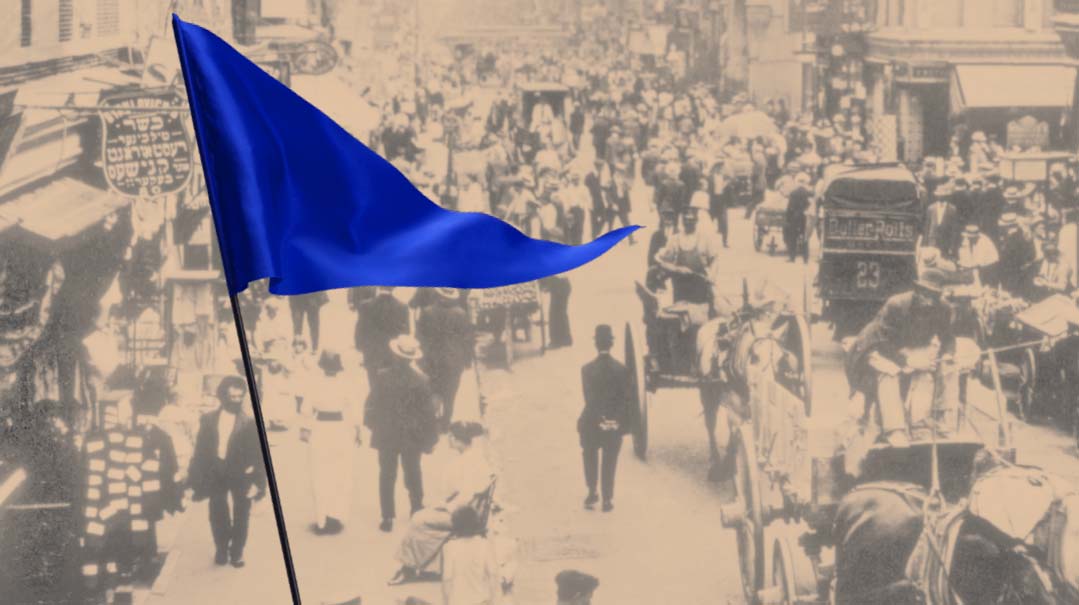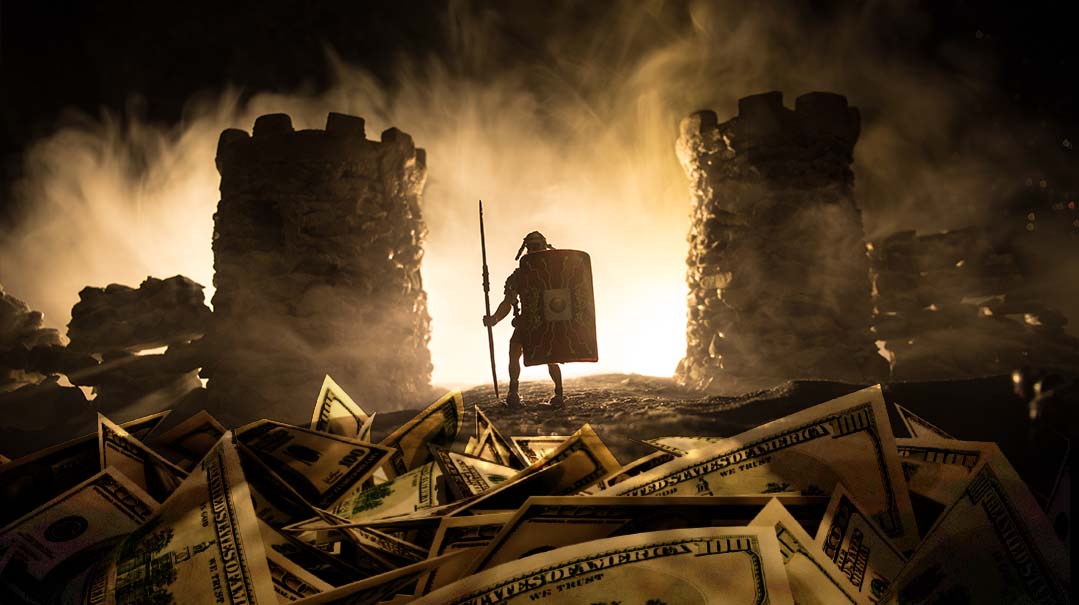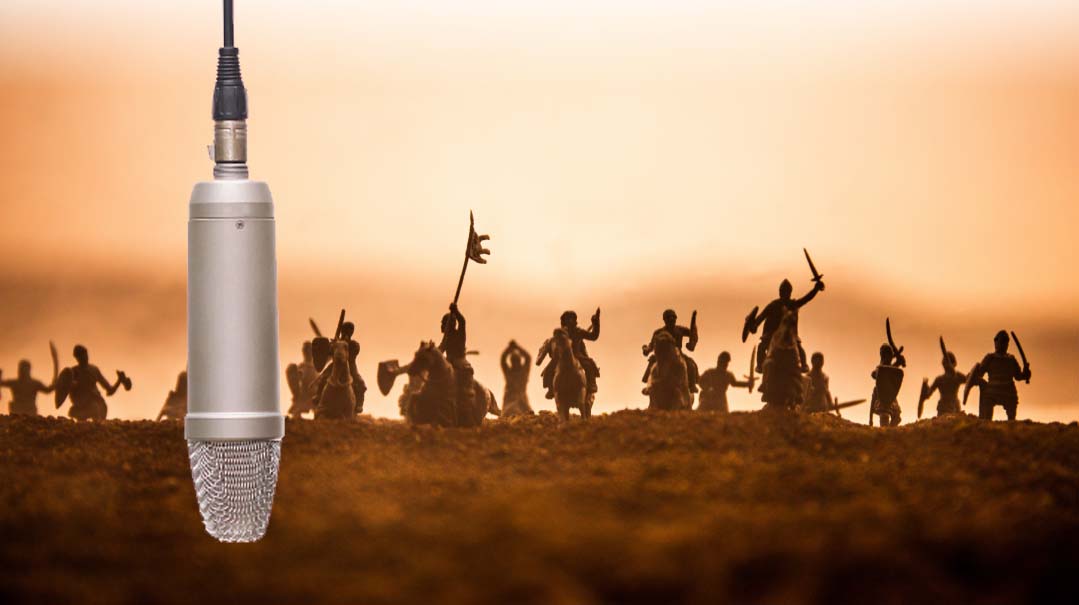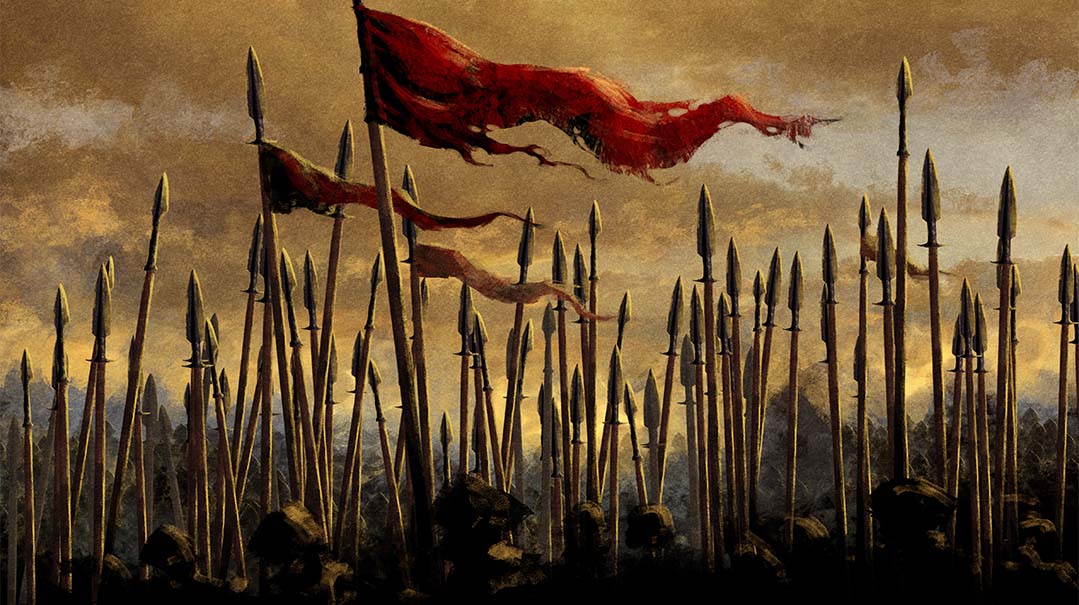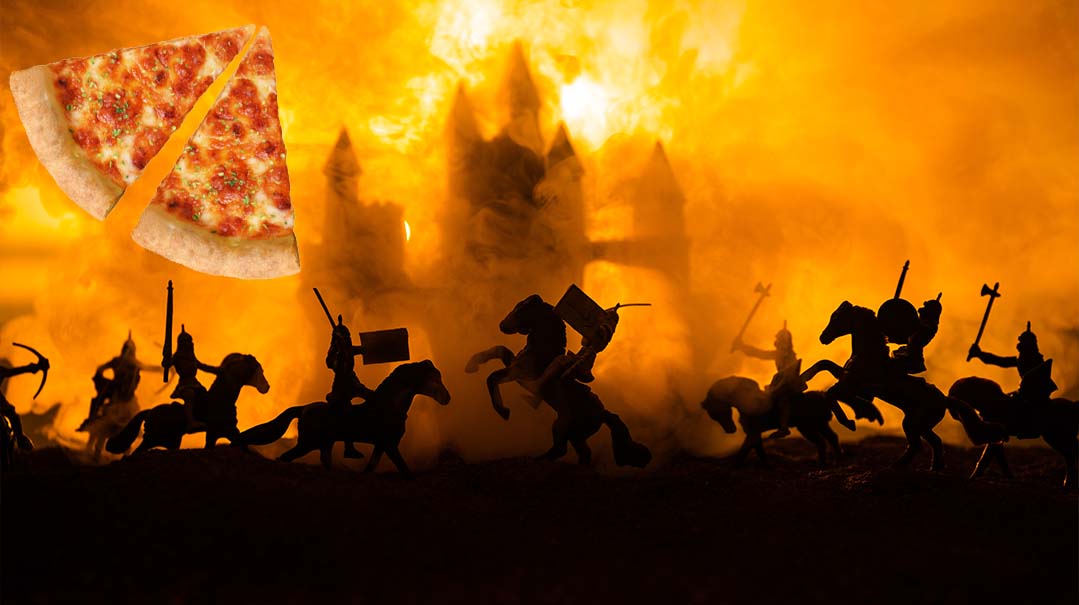Remember this Day
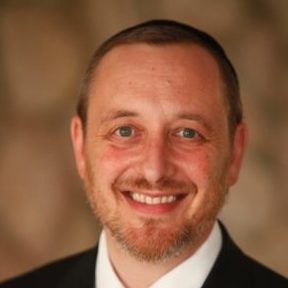
“Mi l’Hashem elai!” In every generation, there are those who respond and take a stand for Hashem
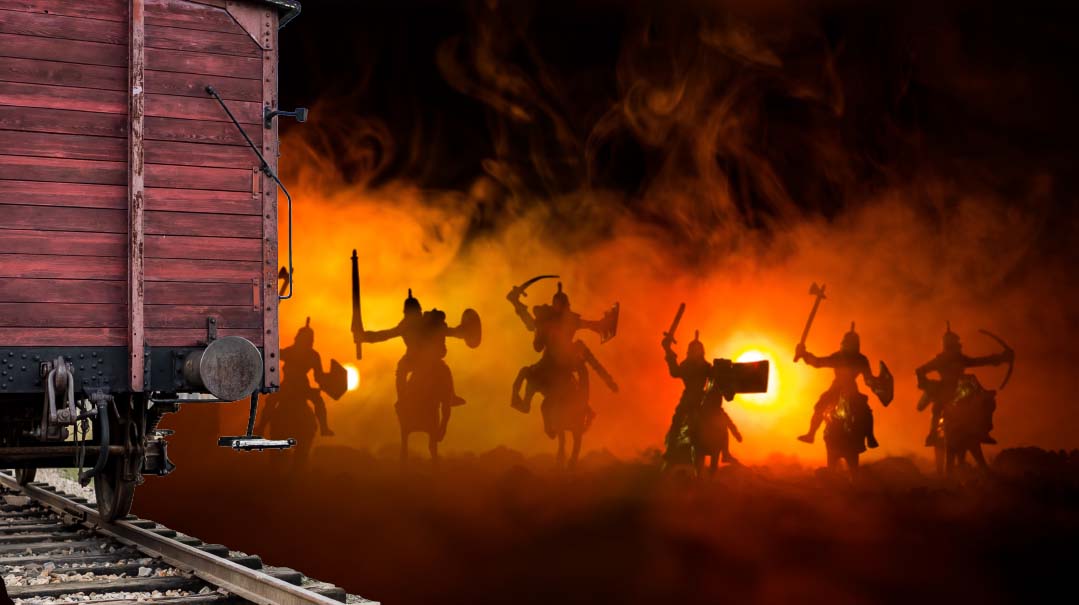
Greek influence was everywhere, contaminating the holy nation, defiling the holy land. Would the truth be lost? One man got up and called, “Mi l’Hashem elai!” He and his tiny band of men attacked the great Greek army — knowing that while they may not win, they had to fight.
That cry has traveled through the centuries. And in every generation, there are those who respond and take a stand for Hashem. Eight stories
For years, I wondered why the area of southern Transylvania — birthplace of my father, Reb Shabtai Nissel — had been spared by the Nazis. Northern Transylvania had been given over to the Hungarian Nazis, its inhabitants sent to Auschwitz, but the Nazis in the south never ended up sending people to Auschwitz.
I asked around, explored, investigated, yet no one seemed to know. When I was sitting shivah, I asked my father’s peers, but none of them had satisfactory answers.
While researching on the website Jewish Gen, I was actually able to see the records: The entire region of Arad, which is where my father was from, was slated to go to the death camp Belzec in 1942. I saw my father’s name, his brothers, his parents, his cousins — the entire extended family was listed on this census. The transport was scheduled for Rosh Chodesh Shevat. No one could tell me why it had been canceled.
Eventually, I decided that this would be one of those questions I’d never get an answer to, and I moved on. I began to make a seudas hoda’ah on Rosh Chodesh Shevat every year; I may not have known exactly what transpired, but I did know that my family had been saved.
One day, several years ago, Michlalah was getting rid of many of their Holocaust books. There was a big pile of books near the entrance. One caught my eye — Resisting the Storm: Romania, 1940–1947.
I was soon engrossed in the fading, fraying book, the memoirs of a Rabbi Alexandre Safran, who describes himself as “a young chief rabbi.” Despite his age — he was only 29 — he was elected chief rabbi of Romania after the passing of Chief Rabbi Dr. Jacob Niemirower in February 1940. Rabbi Safran had great hopes for his position — he hoped to further Jewish unity, to protest unjust laws, to instill a youthful spirit in Jewish institutions throughout the country.
But the echoes of war grew nearer. With the Soviet Ultimatum in June of 1940, Romania began to change its policy toward Jews. As the summer months passed, orders were given to kill Jews, and pogroms raged. The violence soon reached Bucharest, where the Safrans lived; 124 Jews were killed in a pogrom, and the Iron Guard vowed to track down and kill Rabbi Safran. Still, even after certificates to Eretz Yisrael were obtained for the Safrans, the young rabbi refused to make use of them; he would stay with his kehillah.
On June 29, 1941 — what would become known as the infamous “that Sunday” — a pogrom erupted in Jassy. Thousands of Jews were deported to concentration camps, many of whom suffocated en route on the death trains. Nearly 12,000 Jews were killed on that day. It was all too clear that Romania had joined hands with Germany.
Several days later, Rabbi Safran was informed that the government had deemed him the first potential hostage; he would be the one to suffer the consequences for anything the Jews did. Yet Rabbi Safran continued his work — advocating on behalf of suffering Jewry, giving shiurim, organizing a school network.
Then came August 1942. Rabbi Safran learned that the Jews of Southern Transylvania were going to be deported. He tried interceding with the King Mihai and Elena, the Queen Mother of Romania, the Swiss ambassador, the Red Cross. When these efforts yielded no results, the Jewish Council decided to contact Metropolitan Balan, the head of the Romanian Orthodox Church of Transylvania — and a known anti-Semite.
Rabbi Safran took an “unusually daring, bordering on the impertinent” step — he asked Balan to come see him in Bucharest. To his surprise, Balan agreed.
But when they met, Balan was distant and cold.
Rabbi Safran raised his voice. “After our deaths,” he warned him, “we will stand together before the Supreme Judge. And I will confront you with the deaths of tens of thousands of Jews, innocent human beings you are responsible for as inhabitants of your diocese!”
Balan stood up and began pacing the room. “The silence hung heavy,” Rabbi Safran recalled. Then Balan lifted the phone and called Officer Marshal Antonescu. “I must see you immediately,” he told him.
Before he left, he took Rabbi Safran’s trembling hand and looked him in the eye. “Remember this day,” Balan told him.
Rabbi Safran returned home, where he felt faint; he’d developed a high temperature. At three o’clock that afternoon, the phone rang. It was Balan. The transport had been canceled. Thousands of Jews had been spared.
That’s not the end of the story. During the war, my father and his relatives — who had it relatively “easy” — were able to save many Jews, who passed through Bucharest on their way to Palestine.
Among the people they helped save were the Bobover rebbe, as well as the grandfather of the current Satmar Rebbe — something I think about whenever I see Bobover or Satmar institutions around the world, brimming with thousands of chassidim who don’t even know about the role my father or Rabbi Safran played in shaping their lives.
And Rabbi Safran never forgot that day. Years later, after the war, Balan appealed to Rabbi Safran. He was threatened with arrest and trial as a war criminal, and asked an acquaintance to remind Rabbi Safran about “a certain day in the summer of 1942.” Rabbi Safran immediately interceded, speaking with the prime minister and other influential politicians, until he had secured Balan’s freedom — an incident he termed a v’nahafoch hu, similar to the Megillas Esther.
“Metropolitan Balan’s reply could only be explained by a miracle,” Rabbi Safran recalled.
A miracle, yes. But also a testament to the bravery and strength of a young man who wouldn’t be silenced, who forged forward in the face of failure and death, who would not stop fighting for his people.
(Originally featured in Family First, Issue 770)
Oops! We could not locate your form.

